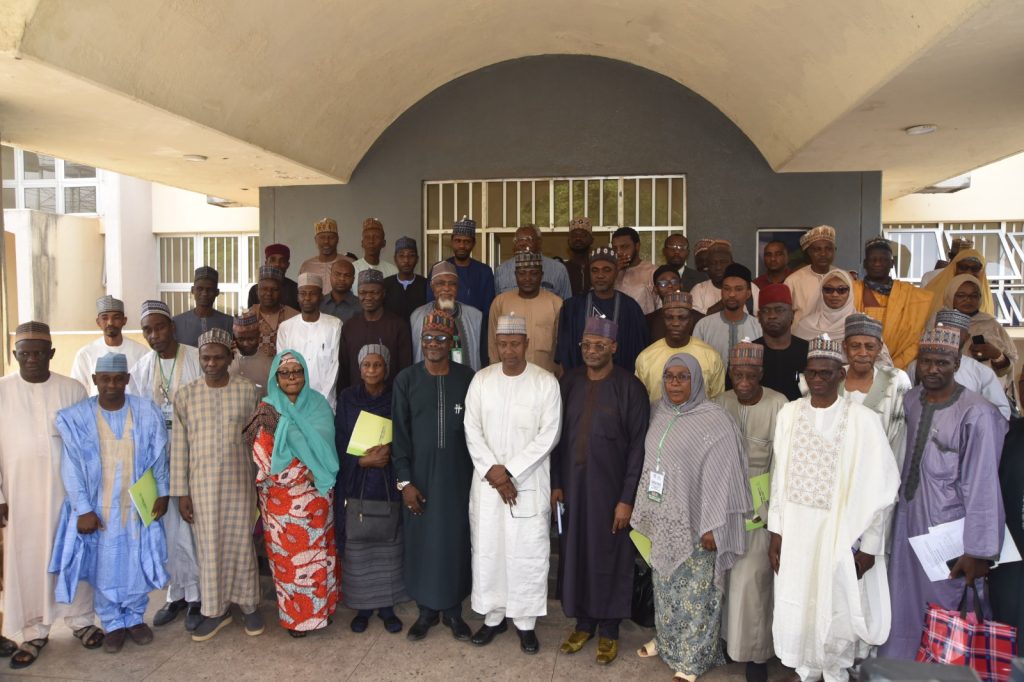CILS’ former Director calls for specific provisions to address choice of law in succession matters
Former Director of the Centre for Islamic Legal Studies (CILS), Ahmadu Bello University, Prof. Ibrahim Na’iya Sada, has called for the enactment of specific provisions to address the choice of law in succession and estate administration involving statutory marriages contracted by Muslims.
Prof. Sada, who made the call when he gave a keynote address at the 25th Annual Judges Conference organised by CILS in collaboration with the National Judicial Institute (NJI), specifically urged the National and relevant State Houses of Assembly to handle the work.
The distinguished legal scholar stressed that the enactment of the provisions became necessary to reduce judicial inconsistences, conflicting decisions and provide clearer guidance.
He also said that clear rules must be established for determining not only what law to apply in such matters but also which court should have jurisdiction to determine such cases.
“Codifying certain aspects of Islamic personal law, particularly in relation to succession and estate administration may assist in providing clarity and uniformity.
“The Matrimonial Causes Act can also be amended to include provisions, addressing succession for Muslims in alignment with Islamic principles where applicable”, he said.
Prof. Na’iya, who was also the Deputy Vice-Chancellor, Administration, Ahmadu Bello University, further stressed that judges must adopt a balanced approach recognising the interplay of religious and statutory principles.
Training programmes for judges, according to him, should focus on comparative legal analysis in a plural society to equip them to handle such cases.
He argued that in all family issues mediation should be encouraged so as to maintain and promote family harmony, cohesion and togetherness, as Islam emphasises maintaining family bond and cohesion and warns against its disruption and breakage.
The professor of Islamic Law explained that the theme of this year’s judges conference, ‘Succession and Estate Administration in a Dual Legal System: Balancing Islamic Personal Law and Statutory Provisions in Nigeria’, reflects Nigeria’s nuanced legal realities.
Nai’ya said the theme also underscores a critical aspect of Nigeria’s legal system, particularly the coexistence and interaction of Islamic, Customary, Statutory and the English Law provisions.
Prof. Na’iya explained that the duality in Islamic Personal Law and the Statutory Provisions reflects Nigeria’s pluralistic legal system or heritage shaped by its diverse cultural, religious, and historical contexts.
“Today, our task is to navigate these complexities and seek clarity where ambiguity persists, particularly in matters of succession and estate administration involving Muslims who have contracted statutory marriages while in most cases, and at the same time, having another wife or wives whose marriages were contracted under Islamic Law”, he maintained.
……………………………….
Public Affairs Directorate,
Office of the Vice-Chancellor,
Ahmadu Bello University, Zaria
(NAM)
Wednesday, 11th December, 2024



